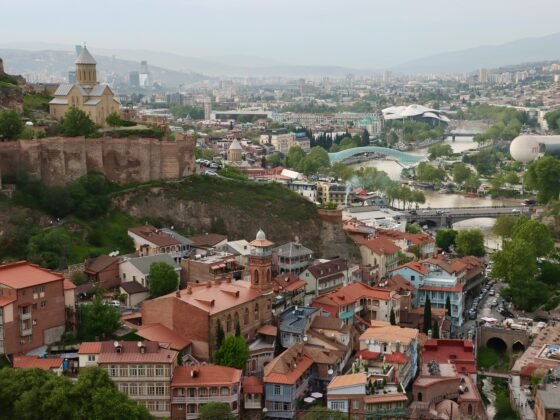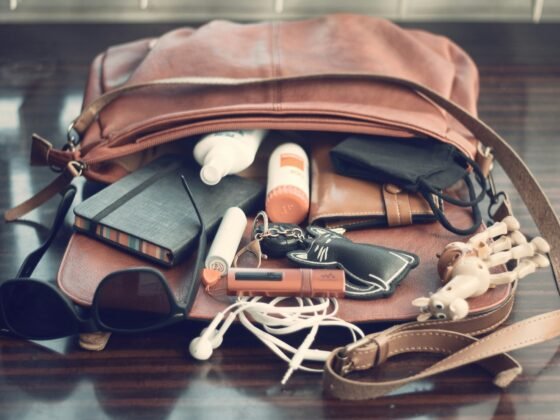Many of us are deciding that the time to travel is now, with graduates choosing to explore the world over finding their first job, and people quitting their jobs for an excursion overseas. However, you cannot simply up-and-go without notice, planning or, more importantly, money. Budgeting and saving for your trip is a must for your trip because, without enough money, your trip will be more like a vacation – short but bittersweet.
For some, budgeting is a means of getting excited, and when you have a number to aspire to, as you inch closer to it, the months, weeks and days seem shorter. If you’re having issues with budgeting, though, here are a few useful tips to get you on your way to the trip of your dreams.
Figure Out How Much You’ll Need
There’s no harm in over-budgeting. However, you don’t want to under-budget. You should plan where you’re going, the cost of flights getting there as well as accommodation and the cost of living. If you’re hoping to visit more than one place, budget for flights heading to all of the destinations.
To ensure you have your trip planned out, buy yourself a large map as well as pins and string. Pop the pins in the places you wish to visit and connect these pins together with the string; by being able to picture where it is you’re heading to, your trip will be easier to envision and account for.
Find Cheap Flights
The price of flights vary, depending on distance, time of year and when you book them. Although you’re expected to pay a lot of money if heading from England to, say, Australia, there are ways to get the best deals possible.
There are many sites available, which are dedicated to helping you find the best flights. Flight Factory, for instance, allow you to search, compare and then book the cheapest flights available to you; they’re also ideal for any domestic flying you may need to do around South Africa.
Compare Accommodation
Like flights, there are many comparison sites for accommodation. However, you should also check sites such as Airbnb, for those who would enjoy added independence, where you can check yourself in and out, as well as cook your own food (for when you’re not eating out, that is).
For your first location, always book your accommodation beforehand. By doing so, you know you have a place to rest your head, and considering you may be nervous if this is your first solo adventure, this could help calm any nerves you have.
Have a Bucket List
You won’t want to tie yourself into any activities, where you’re unable to breathe and move freely. However, you should create a bucket list of your top “must-see” landmarks or “must-do,” so that you can budget for these activities. By having a budget, you’ll have peace of mind, knowing that when the opportunity arrives, you’re able to do the things you’ve always wanted to do. So, for example, if you’ve always wanted to swim with dolphins or visit Rottnest Island, an island close to Perth, Australia, you won’t have to be disappointed.
Track Your Spending Throughout
Keeping tabs on your finances when you’re effectively on vacation isn’t fun, but it can be essential to ensure you can continue your adventure. The last thing you want to do is phone up your parents, asking for extra money so that you can be brought home. Make a note of what you have, and keep some money to the side for any future flights. Also, remember how much you’ve spent on food and drink.












